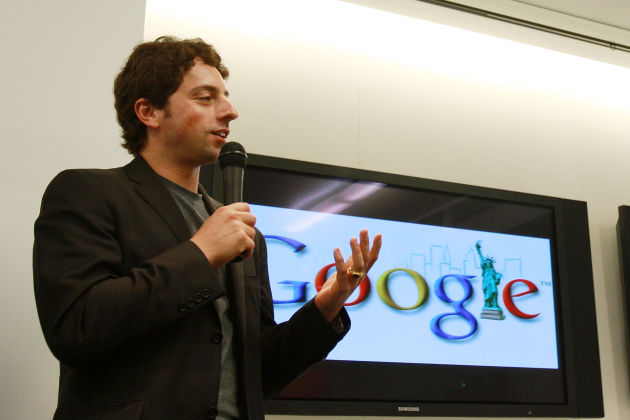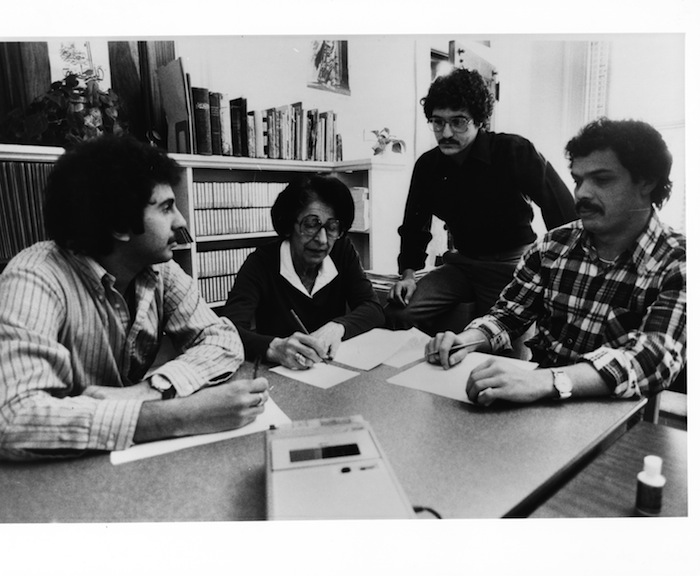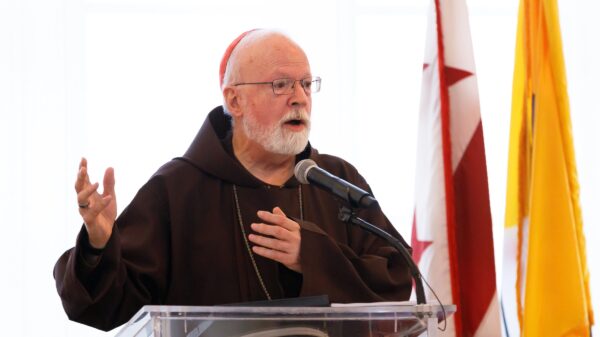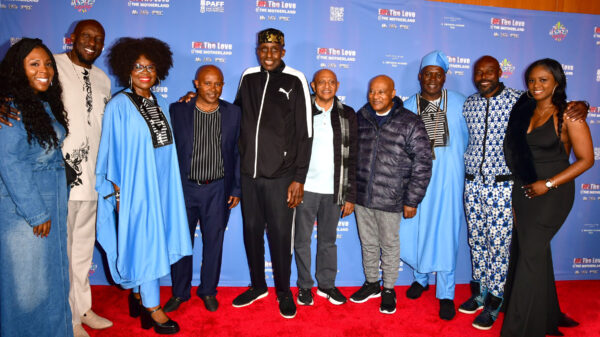Magazine, Immigration,Making Money,Forbes, Leadership Strategy
A bipartisan government commission on artificial intelligence (AI) recommends changing U.S. immigration laws to allow America to attract and retain talent to compete in AI and other cutting-edge technologies. The commission’s report, which is likely to be influential, concludes that preventing Chinese nationals from studying or working in AI, as some anti-immigration and anti-China legislators have proposed, would benefit the Chinese Communist Party and hurt the United States.
This week, after two years of research, hearings and investigations, the National Security Commission on Artificial Intelligence released its Final Report. Eric Schmidt, former CEO and chairman of Google and cofounder of Schmidt Futures, chaired the commission. Robert Work, a former deputy secretary of defense, served as vice chair.
“As a bipartisan commission of 15 technologists, national security professionals, business executives, and academic leaders, the National Security Commission on Artificial Intelligence (NSCAI) is delivering an uncomfortable message: America is not prepared to defend or compete in the AI era,” write Schmidt and Work in the report’s opening. “This is the tough reality we must face. And it is this reality that demands comprehensive, whole-of-nation action. Our final report presents a strategy to defend against AI threats, responsibly employ AI for national security, and win the broader technology competition for the sake of our prosperity, security and welfare.”
Improving U.S. immigration policy plays a significant role in the report’s recommendations: “As a starting point, the strategy should build on the following pillars: 1) winning the AI talent competition; 2) promoting American AI innovation; 3) protecting U.S. AI advantages; and 4) leading a favorable international AI order.”
“[T]he United States needs to win the international talent competition by improving both STEM [science, technology, engineering and math] education and our system for admitting and retaining highly skilled immigrants,” write Schmidt and Work.
Currently, H-1B visa fees paid by employers have funded approximately 100,000 college scholarships for U.S. students in science and engineering, according to a National Foundation for American Policy (NFAP) analysis. However, the annual number of H-1B visas, typically the only practical way for a high-skilled foreign national to work long-term in the United States, has been exhausted every year since 2004.










